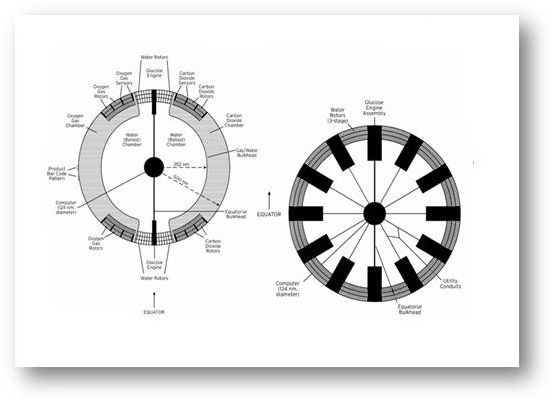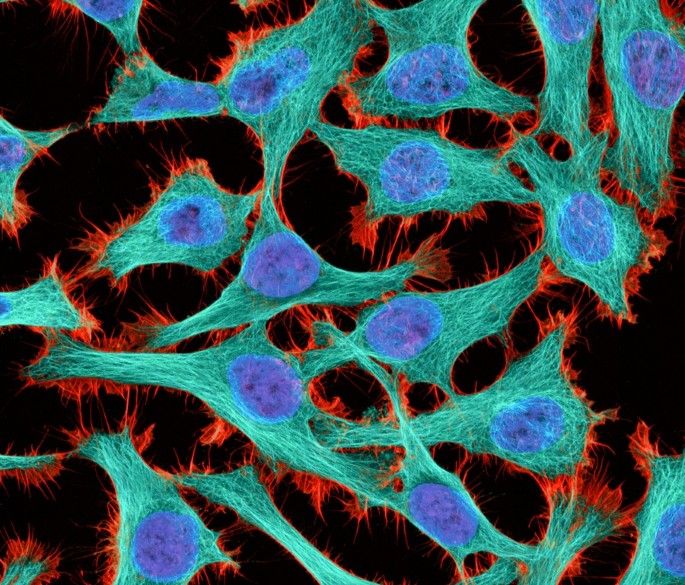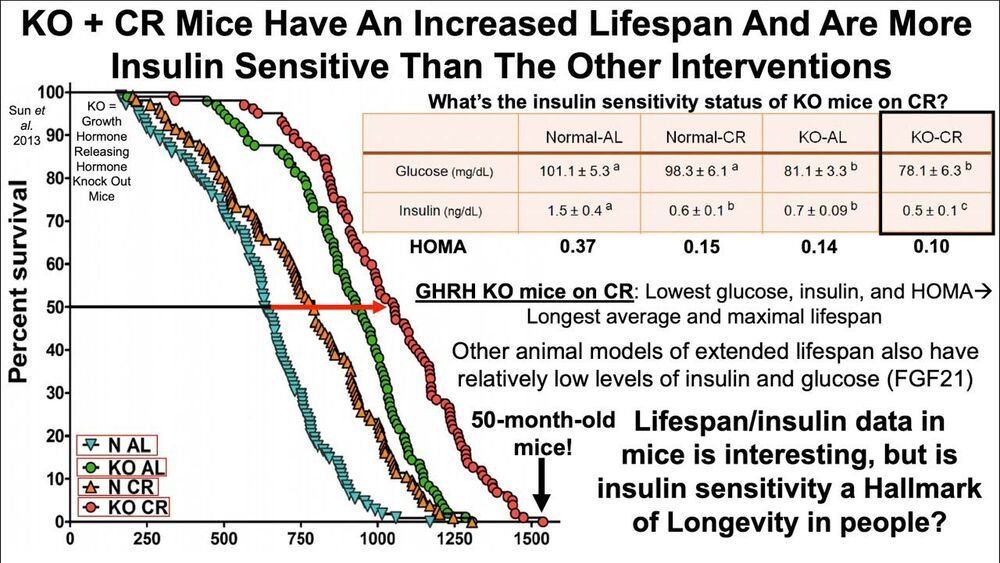Jun 24, 2021
Inflammatory Proteins May Slow Cognitive Decline in Aging Adults
Posted by Jason Blain in categories: biotech/medical, chemistry, life extension, neuroscience
These results suggest that IL-12 and IFN-γ could one day be measured along with other biomarkers to predict future brain health in cognitively normal people–a tool that doesn’t yet exist in medicine.
Summary: Higher levels of two cytokines were associated with slower cognitive decline in aging adults, a new study reports.
Source: Mass General
Continue reading “Inflammatory Proteins May Slow Cognitive Decline in Aging Adults” »

















